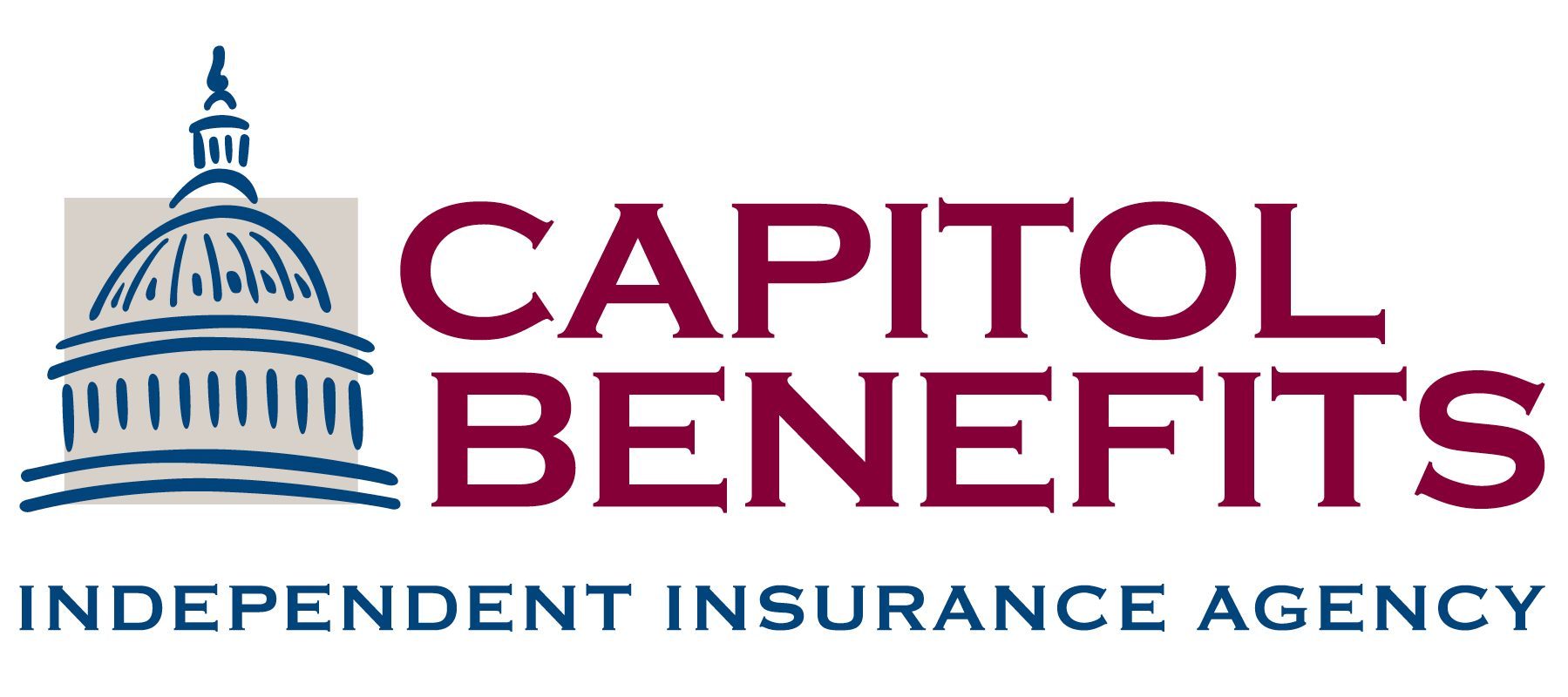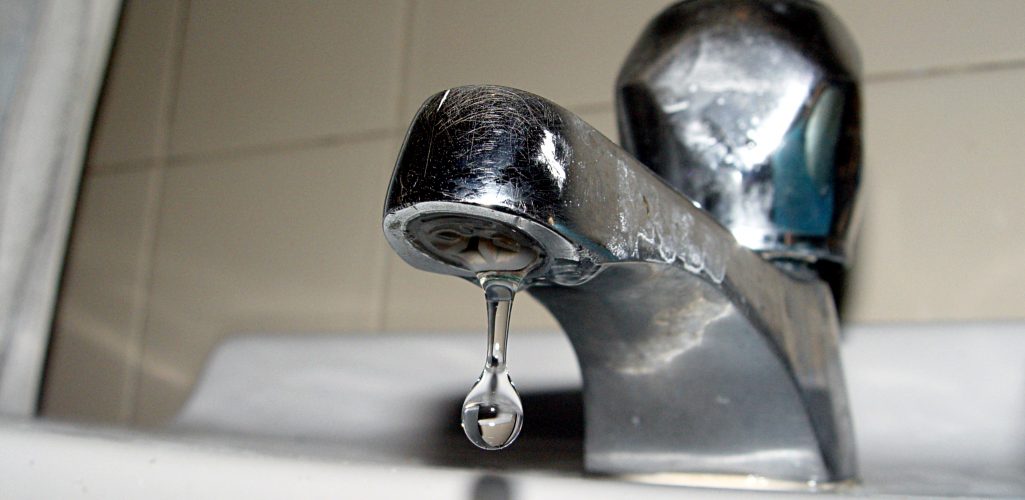With record-breaking cold temperatures spreading across the country, it is more important than ever to protect your home. One of the most preventable, but potentially disastrous, issues caused by cold weather is frozen pipes. Fortunately, we are here to help with some proactive steps to avoid a potentially huge water damage claim from a burst pipe!
Which Pipes Pose the Biggest Threat?
Pipes exposed to the cold, including those outdoors and on the exterior walls of your home. These include:
- Outdoor faucets.
- Swimming pool supply lines.
- Lawn sprinkler lines.
- Water pipes in locations such as basements, crawl spaces, attics, garages and kitchen, and bathroom cabinets.
- Pipes in exterior walls with little insulation.
Prevent Frozen Pipes
- Close inside valves supplying water to outdoor sources.
- Open outdoor water sources to allow water to drain and keep them open during winter.
- Protect water pipes in the garage by closing the door.
- If plumbing is located in cabinets, open the doors.
- Let a small amount of water drip from faucets.
- Set your thermostat to a minimum of 55 degrees.
Why Should You Care?
- Water expands when it freezes and puts pressure on pipes.
- As water freezes, the expansion can cause both plastic and metal pipes to burst.
- Burst pipes are a silent disaster. The water from the burst pipe is likely frozen for the winter, but once thawing begins, water damage occurs and it is already too late.
If You Already Have a Frozen Pipe
- Call a licensed plumber ASAP.
- Contact us for help and advice if you have a claim!
Information from Travelers


